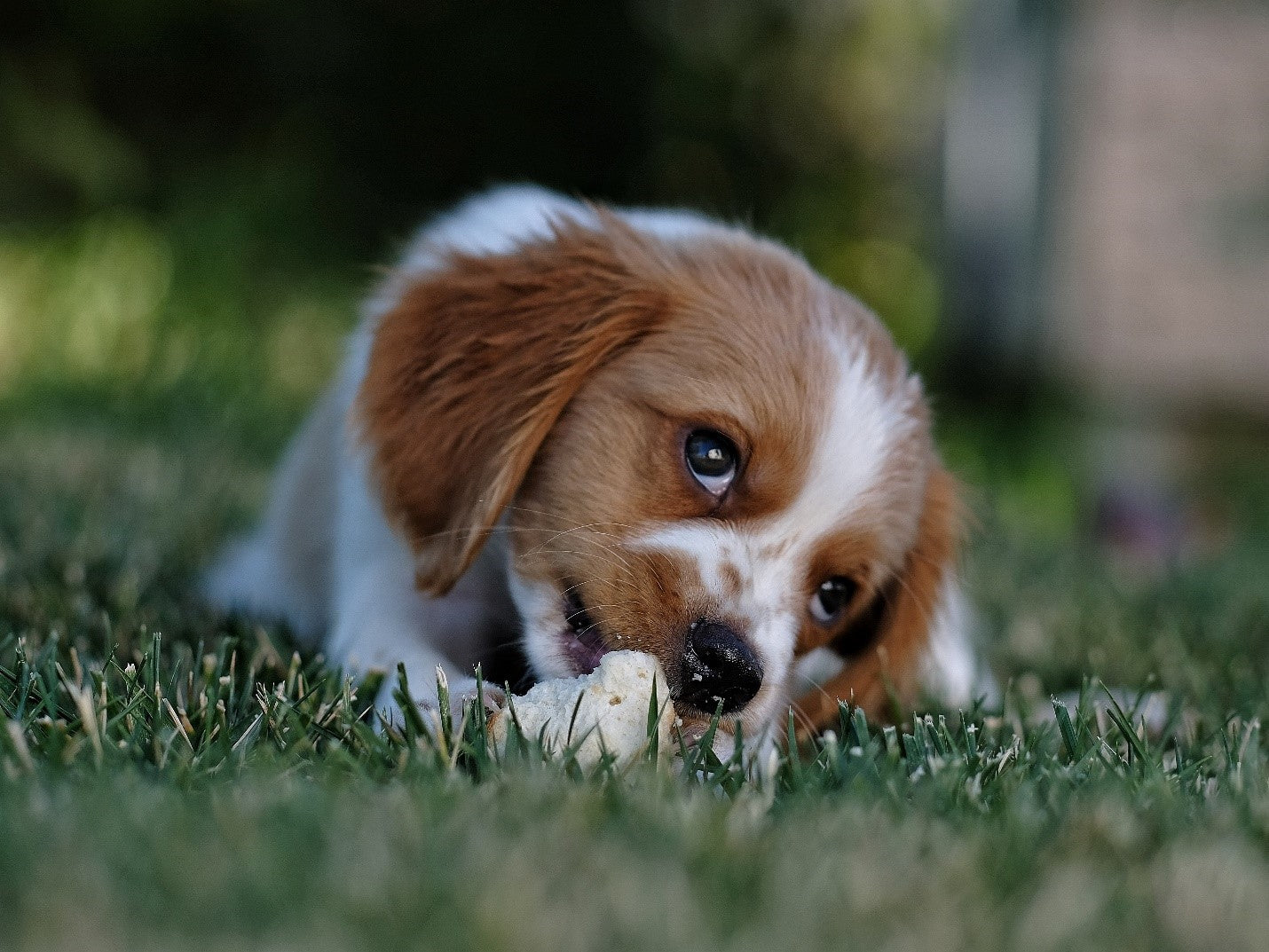Most pet owners are aware of the obvious food and plant dangers there are to our dogs, chocolate, onion, and your favorite, grapes. There are dozens more common household foods and plants that could be potentially harmful to our beloved canine companions.
If you are wondering what other dangerous, toxic, or poisonous items could land your pet in the hospital, then keep reading to find out!
Toxic Foods
The list of toxic foods that can cause gastrointestinal upset, kidney failure and other emergent health problems is much longer than you probably think. Here is a quick list of some of the most popular risky foods:
- Macadamia nuts - Coffee/Black Tea/Caffeine
- Xylitol (artificial sweetener) - Bread dough
- Onions/chives - Chocolate
- Grapes/raisins - Alcohol
- Walnuts
The effect that these foods have on your dog depends on their individual size, age, and general tolerance to eating foods other than dog food. As such, some dogs can eat some chocolate and have no problems, but others will need immediate veterinary attention.
No matter how big your dog is or the situation, if you suspect they have ingested any of these food items, please call your veterinarian right away.
3 Popular Toxic Foods for Dogs
Chocolate
The most well-known toxic food in dogs is chocolate. It includes theobromine which can lead to abnormal and irregular heartbeat, muscle tremors, convulsions, seizures, or possibly be fatal.
Macadamia Nuts
This innocent and tasty nut is a shockingly dangerous food for your dog to get a hold of. Depending on the amount ingested, clinical signs can be muscle tremors, lethargy, paralysis, vomiting/diarrhea, and death.
Xylitol
This artificial sweetener, found in different foods, along with gum and toothpaste. The symptoms can come on quickly, causing a sudden drop in blood sugar, vomiting, lethargy, and acute liver failure.
Poisonous Plants
The number of plants that are toxic to dogs is impressive. It is important to note that some fruits and vegetables are not necessarily toxic but their stems, leaves or roots can be, such as rhubarb, potatoes, and tomatoes.
Common plants around the home, inside and outside, that are poisonous:
- Aloe vera - Easter lily -Tiger lily - Tulip
- Poinsettia - Daffodil - Geranium - Mistletoe
- Rhododendron - Yew - Sago palm - Eucalyptus
These plants range in severity of symptoms and degree of seriousness. Your veterinarian will recommend the needed actions for helping your dog if they ingest toxic plants.
3 Popular Poisonous Plants for Dogs
Since there is such a variety of plants and foods that are toxic to dogs, you will want to become familiar with the list in the link above. Here are three of some of the most dangerous that can result in the death of your pet.
Sago Palms
A tropical houseplant that is quite attention drawing as well as tasty for your dog. Unfortunately, if ingested, this plant can cause acute liver failure and even death.
Tulips
This beautiful flower is one that family’s love to plant, but do not realize the danger it poses if the dog were to eat it. The tulip can cause gastrointestinal upset, central nervous system depression, or convulsions.
Tomato Plants
Unbelievably, tomato plants, as popular as they are, can be quite poisonous for dogs. Causing gastrointestinal upset, weakness, confusion, drowsiness and slowing of the heart rate. Best to keep out of reach of your dog.
Toxic Foods and Poisonous Plants: Now You Know
Now that you feel more informed on what common plants and foods pose a risk to your beloved canine companion, you can try to avoid these issues.
Accidents still happen and dogs will always be dogs, so if you suspect or know that your dog has ingested one of these poison or toxic plants or food items, then immediately call your veterinarian or the ASPCA Animal Poison Control Center at (888) 426-4435.
Keep your loved ones healthy and happy by feeding them Health Extension Dry Dog food products.



